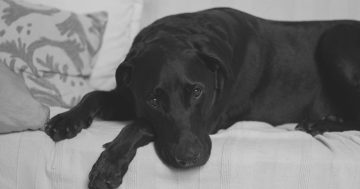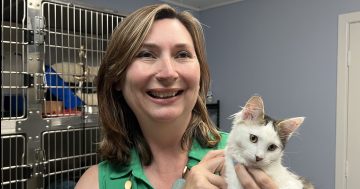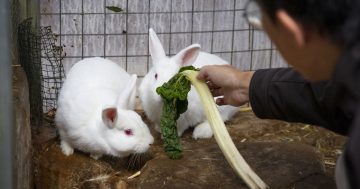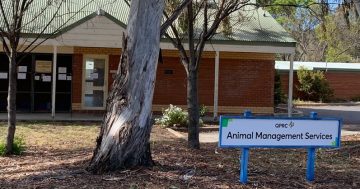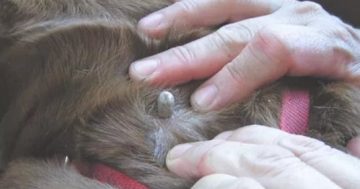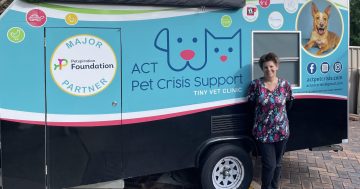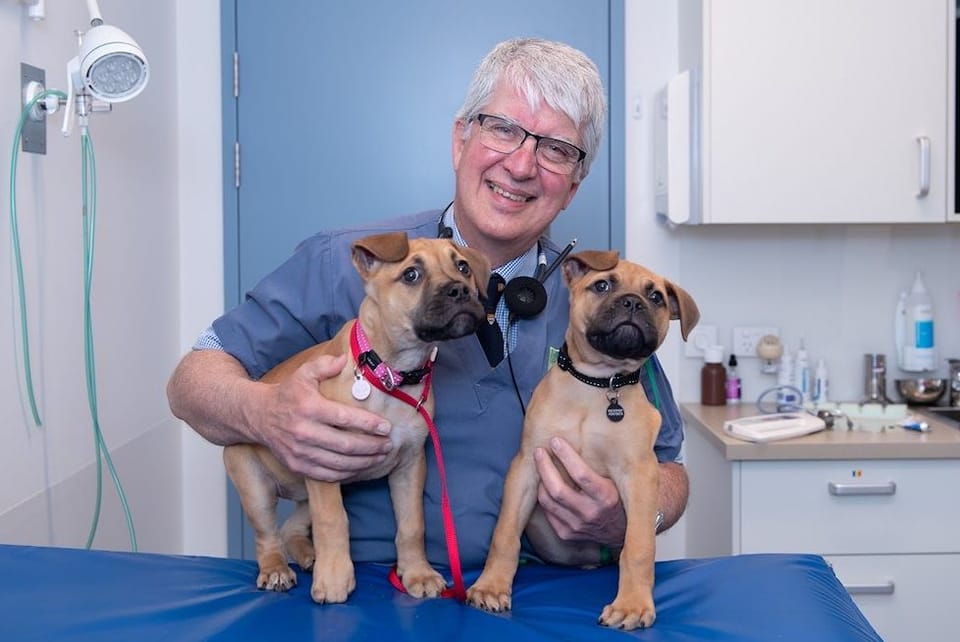
One of the vets at Gungahlin Veterinary Hospital, Dr Michael Hayward. Photo: Gungahlin Veterinary Hospital.
A recent spate of fatal dog disease cases along the South Coast and Illawarra has raised concern for Canberrans visiting the region with their pets.
While the bacterial disease leptospirosis can infect most animals, it can kill dogs and seriously harm humans. Plus, the already limited supply of vaccine that targets the strain is not legally available to pets from outside the South Coast.
Rodents were the main source of the problem, according to practice director of Gungahlin Veterinary Hospital and president of the ACT Division of the Australian Veterinary Association, Dr Michael Hayward.
“For dogs, the disease is most commonly caught through contact with rats and mice through hunting [eating the rodents],” he said. “Or, more insidiously, through contact with mouse or rat urine, especially when that urine contaminates puddles, streams, lakes, dams, rivers etc.
“Affected dogs typically are very sick, with a fever, shivering, pain, vomiting, diarrhoea, and increased drinking and urinating. It can also cause conjunctivitis and breathing difficulty.
“Tests frequently show damage to the kidneys and/or liver.”
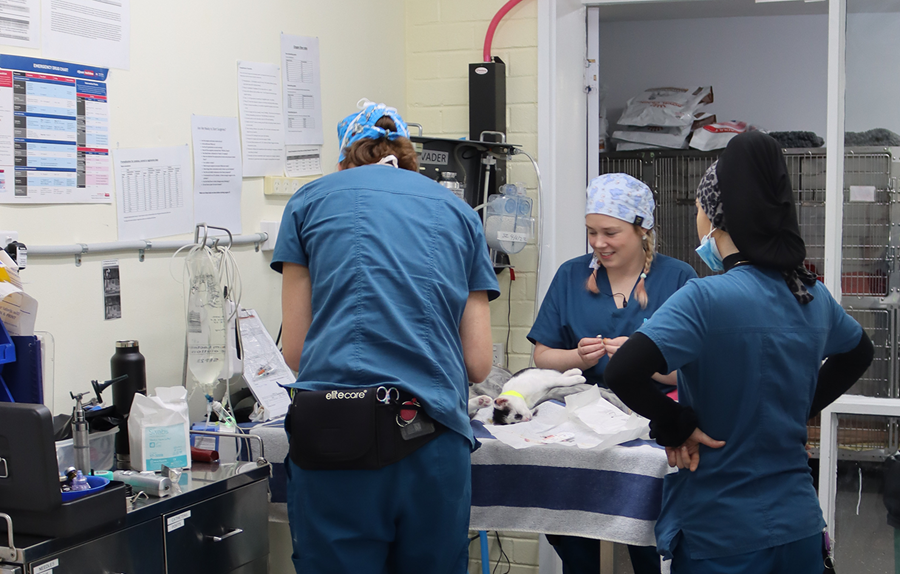
The current spread of leptospirosis along the South Coast and Illawarra is reported to have a 33 per cent death rate. Photo: RSPCA.
The current strain affecting dogs along the South Coast is Serovar Australia. Serovars are used to describe different variations of bacteria, similar to how the flu has different strains.
Unfortunately the vaccine that directly treats Serovar Australia is not registered in this country, which means you can’t find it at every vet.
Only the South Coast and certain areas of Far North Queensland are licensed to stock the vaccine, and they’re only allowed to supply it to animals from those regions.
Dr Hayward said Canberrans visiting the South Coast with their dogs would not be allowed to have them vaccinated by vets there.
The only registered vaccine against leptospirosis in Australia is Serovar Copenhagi. Evidence from the 2017 Sydney outbreak which began the NSW spread and had a 75 per cent death rate, suggested it reduced the likelihood of infection and its severity. However it’s still unknown whether it can protect against other strains of serovar.
Cases were detected in Jervis Bay early last year, but a dog from Jerrambomberra died in spite of having no contact with that South Coast area.
Following this event, University of Sydney experts advised local vets in Canberra and Queanbeyan to vaccinate all dogs in the region. Although vaccine manufacturers promised an ongoing supply, demand overwhelmed them and by late last year there was none left.
Only in the last month have small quantities of the vaccine become available. But even without a reported rise in ACT cases from local vets, they are running out quickly.
The vaccine for dogs requires two initial doses, and a follow-up shot every six months.
Dr Hayward said his practice vaccinated 1200 dogs in the last three months; the Belconnen Animal Hospital used its last dose two weeks ago.
The delayed and limited supply also stems from the fact only one manufacturer is producing the vaccine. This single plant takes three months to produce a batch.
Once made, the batch is tested. If any of the final doses are faulty, the entire batch is thrown out and the process starts again.
To find out more information about leptospirosis, visit RSPCA.












